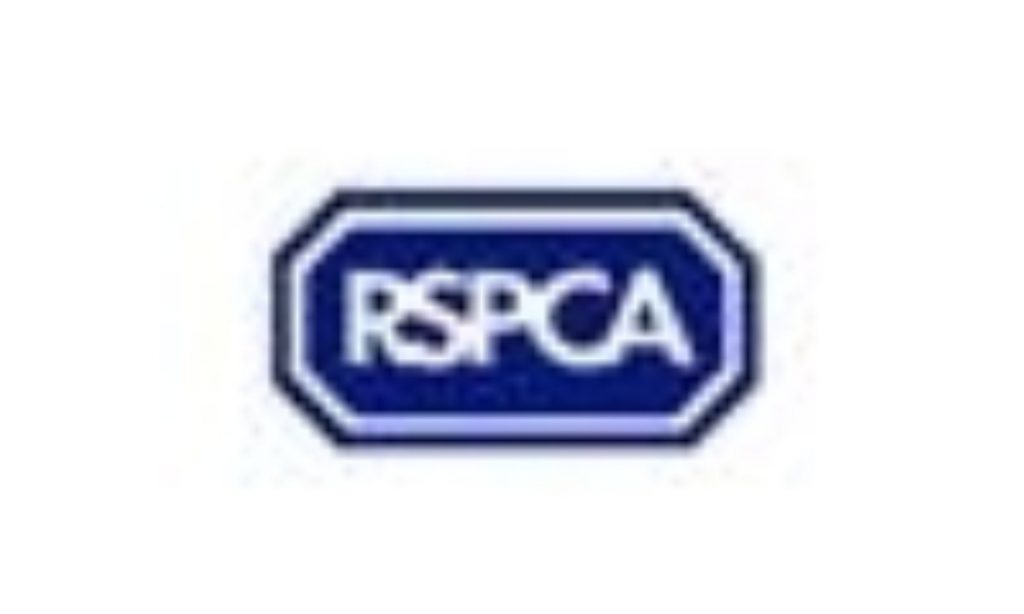Calls to the RSPCA about tethered horses are set to increase by 20%
Calls to the RSPCA about tethered horses are set to increase by 20%
Animal charity warns against tethering of horses
The RSPCA is warning the public of the dangers of tethering horses and ponies as the number of calls the charity receives looks set to rise by more than 20 per cent.
In 2010, the RSPCA received 5,998 calls from members of the public concerned about the welfare of tethered horses and ponies, an increase from 5,323 in 2009.
By the end of June 2011, 3,642 calls had already been received, with a similar number expected in the last six months of the year – an increase of 21 per cent compared to 2010.
It’s estimated that there are at least 3,500 tethered horses at any one time in the UK. Although it is not against the law to tether horses and ponies, the RSPCA does not think it is a good way of keeping them.
This is because it is extremely difficult to provide for tethered animals’ needs and meet the requirements of the Animal Welfare Act 2006, including the provision of adequate shelter, grazing, companionship, physical safety and allowing the animal to express normal behaviour.
There have also been many tragic incidents where tethered horses have been injured or even died as a result of being tethered.
RSPCA equine rehoming officer Sally Learoyd said: “Tethering can seriously compromise a horse’s well-being in many ways and it is very difficult to do well.
“More horse owners may be tethering their animals because they are struggling financially. However this is not a low-cost or low-maintenance way of keeping a horse and is not considered good practice.
“It can also be extremely dangerous for the animal – we have seen ponies strangled to death by their own tether and with permanent neck, leg and hoof injuries, all as a result of the animals being tethered.”
If you see a tethered horse and are concerned for its welfare, please call the RSPCA’s 24-hour cruelty and advice line on 0300 1234 999. Please remember that the tethering of horses is not illegal in itself.
Further advice and on tethering and general information about caring for horses and ponies can be found on the RSPCA website: www.rspca.org.uk/allaboutanimals/horses/health
Calls to the RSPCA about tethered horses from members of the public by region
Case studies:
Carmarthenshire, Wales (2007)
Limpet was attacked by three dogs and because she was tethered was not able to try to get away. Her front leg was bitten down to the bone.
She was already in bad physical condition as she had been forced to graze on the same small patch of grass for several months. She had not been treated for worms and her stomach was so badly damaged she was still suffering intermittent attacks of colic (similar to stomach ache) two years later.
She is now being cared for by Redwings Horse Sanctuary with one of their other residents Cottage, who is 95 per cent blind. Limpet is his guardian and the pair are best of friends.
Bradford, West Yorkshire (2011)
The chain used to tether Susie, a Shetland pony, was embedded so deeply in her neck that it almost severed her head. She had been suffering for such a long time that tissue had begun growing through the chain links.
The pony was taken to an equine vet where staff sedated her in order to remove the chain. The wound was so big that it couldn’t be stitched so the risk of infection was huge – but thankfully Susie pulled through. She has now made a full recovery and is enjoying life with her new owners.
RSPCA, Wilberforce Way, Southwater, Horsham, West Sussex RH13 9RS
Press office direct lines: 0300 123 0244/0288 Fax: 0303 123 0099
Duty press officer (evenings and weekends) Tel 08448 222888 and ask for pager number 828825
Email: press@rspca.org.uk Website: www.rspca.org.uk





-01.png)